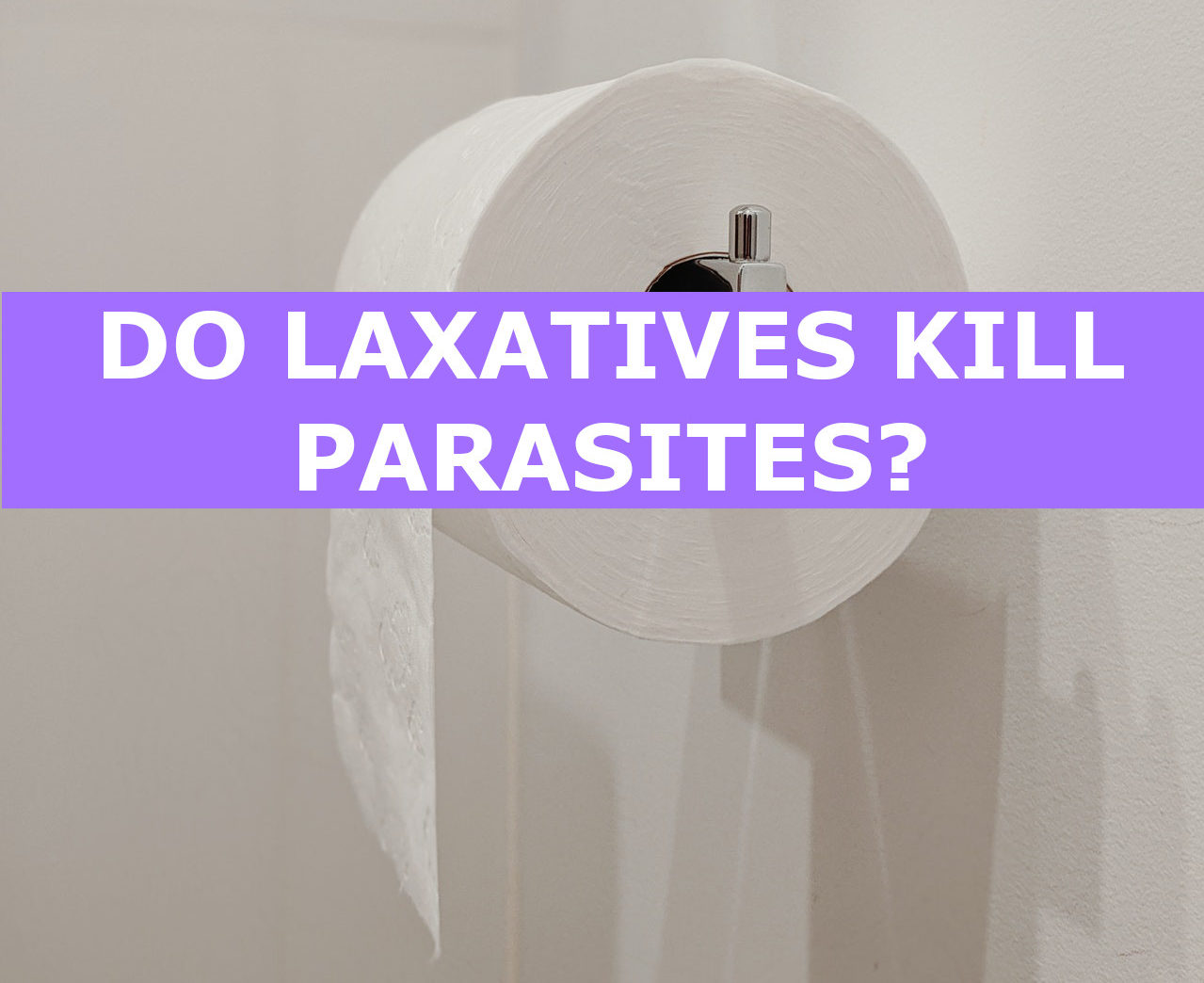This site is not intended to provide medical advice. Any information provided is purely for entertainment purposes. Always speak to your doctor before beginning a new health regime. Sponsored products may help maintain the costs of this site without costing you extra.
Its a hot topic at the moment because it can plauge almost anyone, we’re talking about parasites. Whether you’re from a first world country or third world country parasites do not discriminate by border (despite popular belief- with international travel being so common these creatures also get in their air miles).
Eliminating parasites through natural means, or others, there’s many options out there. You have the choice between pharmaceutical drugs, herbs, supplements, intestinal binders and so on. Usually a combination of all of these is most effective. Whilst researching the topic you may wonder if laxatives can get rid of parasites? After all, these critters have set up shop in our intestinal tract- so will instigating a powerful bowel movement with laxatives help eliminate them?
What are laxatives used for?
Whilst laxative use is increasing at an alarming rate, they have been used without issue for thousands of years. Examples such as Etyptian senna have been used for millenia, brewed into a herbal tea Senna is considered a bowel stimulant that can help induce peristaltic movement in the intestines. With the increase in artificial and processed foods that lack adequate hydration constipation is quickly becoming one of the most common ailments in our modern times. Constipation is twice as likely to happen to women compared to men, and is common in both the elderly and children.
When people become constipated they are unable to have normal or regular bowel movements. This is where laxatives are commonly used. Laxatives can be used to encourage bowel movements through loosening stools or helping the intestines to contract. Some different types include;
Bulk forming agents such as fiber, this undigestible material creates bulk in the intestines which can encourage the passage of waste.
Hyperosmotic laxatives encourage increased fluid in the intestines which can create an osmotic effect which induces bowel movements.
Stimulant laxatives are agents that can act upon or irritate the mucosal lining of the intestines creating a purging motion that initiates bowel movements, the herb senna would be an example of a stimulant laxative.
In addition to constipation laxatives have been used historically to treat intestinal worms such as pin worms. In the UK, an estimated 40% of children under the age of 10 are likely to have threadworms at some stage. The most common remedy provided is a drug names Piperazine, which is commonly used alongside a mild laxative to help flush out the parasites after being killed.
Can Laxatives Kill Parasites?
Laxatives initiate bowel movements and depending on the severity of condition and laxative choice, often result in a temporary bout of diarrhoea. This is why many people believe laxatives to be their first choice when eliminating an intestinal parasite. However, inducing a severe bowel movement through laxative use only is unlikely to sufficiently eliminate parasites.
You may be surprised (or repulsed) to learn that some parasites can survive in the human body for up to 25 years! The tapeworm for example can have a notoriously long life-cycle inside humans. During the average lifespan tapeworms have been known to grow upwards of 10 metres long. Whilst other parasites such as liver-flukes can regularly inhabit our bodies for 20 years. Whilst this may seem alarming, most of the time these parasites do not cause noticeable symptoms, however eliminating them is always preferable to maximise our own energy and health. Now you can imagine a parasite that has coexisted with you for over a decade has seen its fair share of bowel movements and likely a bout of diarrhoea or two! This would lead us to believe a powerful episode of toilet trips is unlikely to kill parasites, even when laxatives are used.
In any case, whilst tapeworms are said to be some of the easier parasites to expel once detected, others such as flukes don’t leave so easy. Unlike tapeworms which are often treated successfully with pharmacuetical drugs, flukes can be extremely tricky to remove. Whilst many parasites live comfortably in our digestive tract, flukes are brave enough to travel throughout the body to organs such as liver, kidneys and even our lungs! As you can imagine, no matter how powerful a laxative you take you aren’t likely to expel parasites from your liver, kidneys, and much less your lungs.
Should you use laxatives for parasites?
If you want to successfully and permanently remove parasites from your body then the answer is, no. You should not rely on laxatives to treat parasites in the human body. Various methods of action have been used to induce powerful bowel movements in a purgative manner for thousands of years, and whilst this may help push out an already dead parasite, used independantly of any anti-parasite measure, laxatives are unlikely to sufficiently remove parasites.
What’s more, prolonged use of laxatives have been linked to reduction in the good bacteria in our gut. This can further aggravate an already compromised digestion and digestive immune system- precisely the opposite effect somebody infected with parasites would want.
Summary
If you believe you are suffering from parasite overgrowth consider reading our Parasite Cleanse: A Daily Routine for more information on how to tackle this issue.


